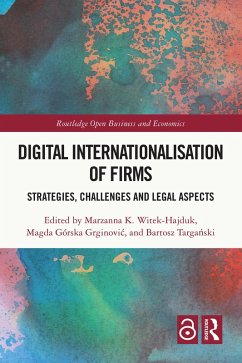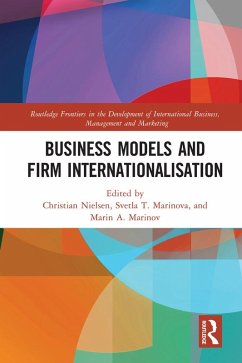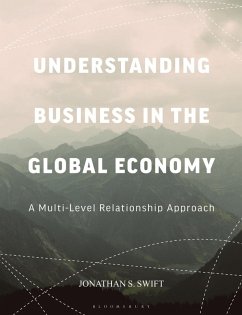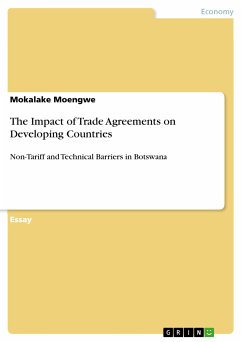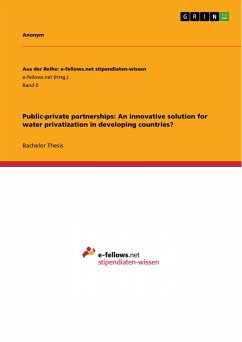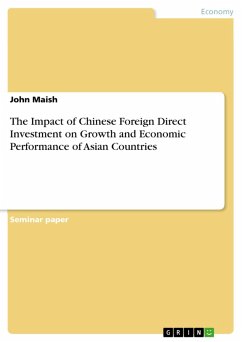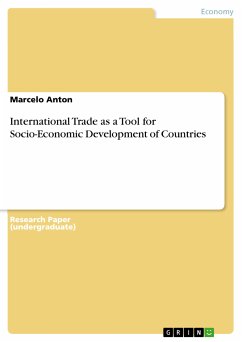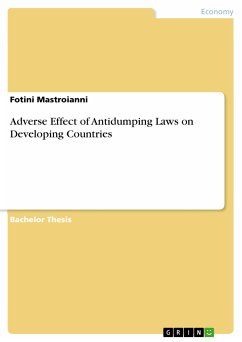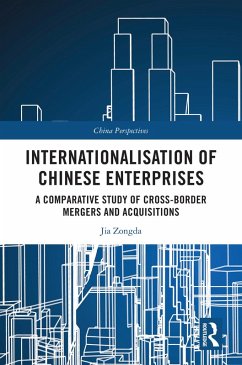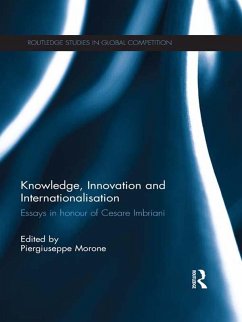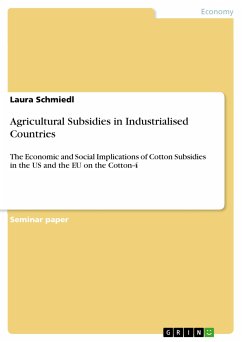
Agricultural Subsidies in Industrialised Countries (eBook, PDF)
The Economic and Social Implications of Cotton Subsidies in the US and the EU on the Cotton-4
Sofort per Download lieferbar
Statt: 27,95 €**
18,99 €
inkl. MwSt. und vom Verlag festgesetzt.
**Preis der gedruckten Ausgabe (Broschiertes Buch)
Alle Infos zum eBook verschenkenWeitere Ausgaben:

PAYBACK Punkte
0 °P sammeln!
Seminar paper from the year 2017 in the subject Economics - International Economic Relations, grade: 1,3, Berlin School of Economics and Law, course: Internationalisierung von Wirtschaftsprozessen, language: English, abstract: The aim of this term paper is to examine the magnitude of cotton subsidies in developed countries and their impact on developing and least-developed countries as well as to inquire the effectiveness of the WTO in promoting free trade among its member states, especially with regards to the cotton sector. The WTO does currently not have a specific definition or certain cri...
Seminar paper from the year 2017 in the subject Economics - International Economic Relations, grade: 1,3, Berlin School of Economics and Law, course: Internationalisierung von Wirtschaftsprozessen, language: English, abstract: The aim of this term paper is to examine the magnitude of cotton subsidies in developed countries and their impact on developing and least-developed countries as well as to inquire the effectiveness of the WTO in promoting free trade among its member states, especially with regards to the cotton sector. The WTO does currently not have a specific definition or certain criteria that classify a country as 'developed' or 'developing'; WTO members rather decide it for themselves. This classification can, however, be challenged by other members. Concerning a definition for least-developed countries, the WTO employs the classification of the United Nations. According to the UN, LDCs are countries that "are deemed highly disadvantaged in their development process, for structural, historical and also geographical reasons" (UNCTAD, 2017). There are currently 48 countries classified as an LDC, 36 of which are WTO members. Due to the scale of the paper, only subsidies in the USA and the European Union and their economic and social consequences for the Cotton-4 will be considered.
Dieser Download kann aus rechtlichen Gründen nur mit Rechnungsadresse in A, B, BG, CY, CZ, D, DK, EW, E, FIN, F, GR, HR, H, IRL, I, LT, L, LR, M, NL, PL, P, R, S, SLO, SK ausgeliefert werden.




